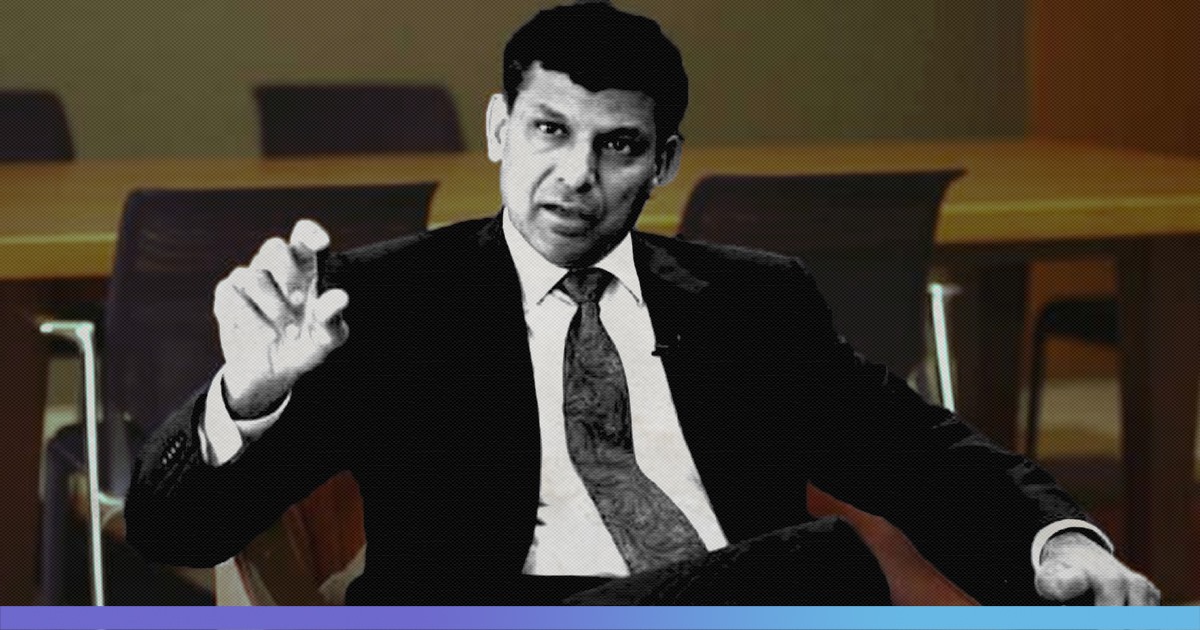
'Instead Of Building Gigantic Statues, India Should Build More Modern Schools, Universities': Former RBI Governor Raghuram Rajan
10 Dec 2019 12:50 PM GMT
Former Reserve Bank of India governor, Raghuram Rajan recommended decentralisation of power with the Prime Minister’s Office (PMO) for decision for the economic health of the country.
“To understand what has gone wrong, we need to start first with the centralised nature of the current government. Not just decision-making but also ideas and plans emanate from a small set of personalities around the Prime Minister and in the Prime Minister’s Office,” Rajan wrote in his essay titled ‘How to fix the economy’ in India Today magazine.
Reflecting on the socio-political agenda of the Modi government, Raghuram Rajan said, “Instead of building gigantic statues to national or religious heroes, India should build more modern schools and universities that will open its children’s minds, making them more tolerant and respectful of one another, and helping them hold their own in the competitive globalised world of tomorrow.”
He called for liberalisation of capital, land and labour markets and stimulated investment. He stated the working of previous governments and said that though they were in coalitions, they continuously worked towards economic liberalisation. When the power is centralised with the PMO with the absence of empowered ministers, the efforts will be active only when the PMO focuses on the reforms.
Rajan said to become a five trillion-dollar economy by 2024, the steady growth of 8-9 per cent per year is required. But the economic growth slowed to six-year low with 4.5 per cent in the July-September quarter.
“The Modi government came to power emphasising ‘minimum government, maximum governance’. This slogan is often misunderstood. What was meant was that the government would do things more efficiently, not that people and the private sector would be freed to do more.
Rajan hailed the direct benefit transfer to recipients as an important achievement and said that the government’s role in many spheres has expanded and not shrunk.
He listed that construction, real estate, and infrastructure sectors and non-bank finance companies are in deep trouble. This, in turn, hurting the rural areas that are relying on them for employment and land-sales.
He also said that household and corporate debt is increasing and there is huge distress in parts of the financial sector. Rajan also said that reforms are required in land acquisition, labour laws, stable tax and regulatory regime, fast-track bankruptcy resolutions of developers, preserving competition in telecom, proper pricing of electricity and giving farmers access to finance.
He also pointed out that unemployment among the youth is growing and is creating unrest. “Furthermore, even if some of the problems are legacies, the government, after five-and-a-half years in power, needs to resolve them. A massive new reform thrust is needed, accompanied by a change in how the administration governs,” he added.
He mentioned that the Modi Government showed “surprising timidity” in terms of unfinished reforms on land acquisition, labour, and the public sector.
Also Read: Alarm Bells For Indian Economy As Eight Core Sectors Register Negative Growth Rate In August
 All section
All section













